To many already making their living as pilots, there’s no need to question why one should choose this career path. They love their work and enjoy taking to the skies to safely ferry people and cargo to their destinations. Many can’t imagine working in any other job or field.
Others aren’t looking for a career in aviation; they simply enjoy the wonder of taking themselves and others aloft. These pilots are also a vital part of the aviation industry. Some work part-time as flight instructors or charter pilots; others fly themselves when commuting is necessary. All see the value in their decision to become a pilot. Is this the right path for you as well? If you’re wavering between a life in the cockpit either for work or play, here are some points to consider.
It’s Your Passion
Some pilots have turned their passion for aviation into a career, but this isn’t necessary for all who undergo flight training. There are pilots who begin flight training as soon as possible and earn their private certificates the day they turn 16, and others wait until late adulthood to start flight school as a retirement project.
What most of these pilots have in common is that they have at least some passion for flight. Aviation is a technical field with specialized language and expectations. While one can learn quickly and start flying in a short time, some education and preparation is necessary. Understanding aerodynamics, how a specific airplane type operates, and other principles of ground school are all important.
Aviation is satisfying for many because it is a concrete translation of passion into measurable results and actionable knowledge. It is a career or pastime which requires active participation rather than passive consumption. The satisfaction of grasping a new concept or procedure, not to mention successfully completing a certificate or rating while developing a new skill, both satisfy people who enjoy flying while also encouraging them to learn and achieve further.
The Industry Is Hiring and You Will Advance Quickly
It’s no secret that a hiring binge is underway in the aviation industry. Bonuses and paid integration programs are now common at regional airlines. Low time jobs are readily available, and major airlines are competing for qualified pilots who are exiting the military or who have built enough time as regional airline aviators.
This is the opposite scenario of what the aviation industry was like following the terrorist attacks of September 11, 2001, and the economic downturn of the several years which followed. An improved economy, paired with the steady movement of the Baby Boomer generation towards retirement, means that instead of begging for jobs, pilots may now pick and choose from several options.
Not only are legacy airlines and regionals hiring, the pilot shortage has created a domino effect across the entire industry. With more attractive benefit packages and pay showered upon airline pilots, cargo operators and charter companies must now hike salaries to compete. New airlines are on the horizon, and legacy airlines are expanding routes; in addition, internet companies such as Amazon which depend on rapid delivery, are transforming the industry. This means, too, that pilots now enjoy much faster upward mobility in their careers than ever before. While it used to take decades for a first officer to upgrade to a captain in an airline, he or she might now transition from the right seat to the left in just a few years. It’s an exciting time to begin a career in the cockpit.
Conquer Fear of Flying or Heights
Some who are wary of heights or flying on airliners become pilots themselves to wipe out their phobias. This sometimes includes people who suffer from claustrophobia. By learning more about aeronautics, aircraft engineering, and developing weather systems, those who take an active role in combatting their fears find that flight training is a good way to learn a new set of skills while facing down that which scares them the most. The best pilots understand how to listen to their instincts, take reasonable precautions, and separate emotions from events.
This is usually best undertaken with the assistance and guidance of a therapist. Flight instructors are adept at breaking down and imparting information but aren’t necessarily equipped to assist with acute anxiety or panic attacks. Integrating professional help from both a therapist as well as a flight instructor can help turn a fearful flyer into someone who is able to command the entire aircraft. Flight instructors can help introduce a fearful flyer to the cockpit, initiate sim training sessions, and discuss such trigger factors as turbulence, takeoffs, crosswinds, and landings. They can also point out the many ways in which aviation is safe.
Flying solo is empowering, creates a sense of accomplishment, and provides opportunities to help others who face the same difficulties. It also provides an opportunity to take honest stock of personal limits and potential.
Network, Learn, Challenge, and Grow
Others begin flight training to foster personal growth in a number of ways. Some simply enjoy the company of other pilots and aviation enthusiasts, swapping stories and information across generations. In the same way that some business people take up golf to facilitate networking, others become pilots to become part of an aviation community which always welcomes new and younger members.
Becoming a pilot is also an excellent way to test one’s learning skills. The syllabus of any flight school is by necessity, organized, and clear-cut to guide the student pilot in absorbing information and acquiring aviation skills. Those who enjoy structured mental and physical challenges usually make for fine pilots.
Even those with a passing or zero interest in aviation itself can benefit from flight training. Flight school demands concentration, hard work, and the command of many different skills. It challenges perceptions, math skills, information management, and the ability to make reasonable decisions with available data. All of these skills are easily translatable to other areas of life— careers, relationships, even athletics. Student pilots who
Ready to soar in your aviation career?
Mr. Matthew A. Johnston has over 23 years of experience serving various roles in education and is currently serving as the President of California Aeronautical University. He maintains memberships and is a supporting participant with several aviation promoting and advocacy associations including University Aviation Association (UAA), Regional Airline Association (RAA), AOPA, NBAA, and EAA with the Young Eagles program. He is proud of his collaboration with airlines, aviation businesses and individual aviation professionals who are working with him to develop California Aeronautical University as a leader in educating aviation professionals.
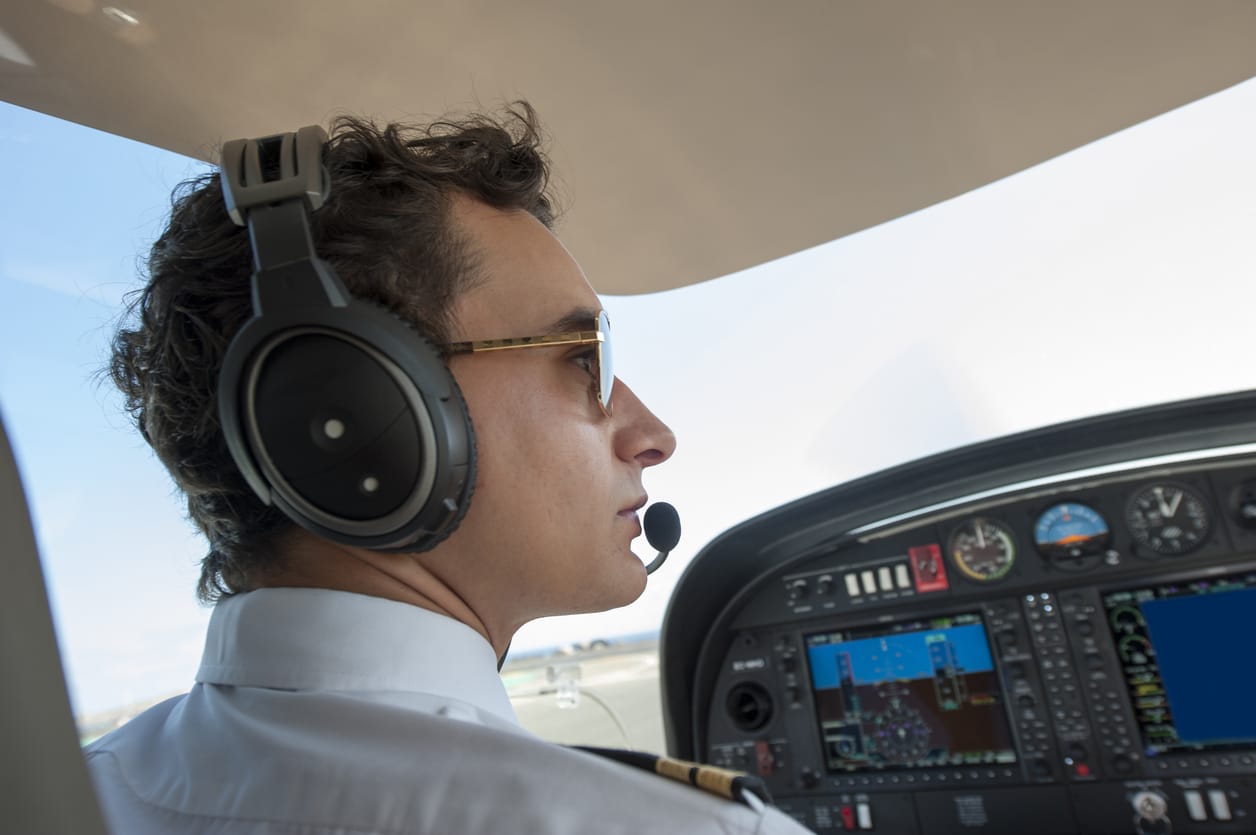
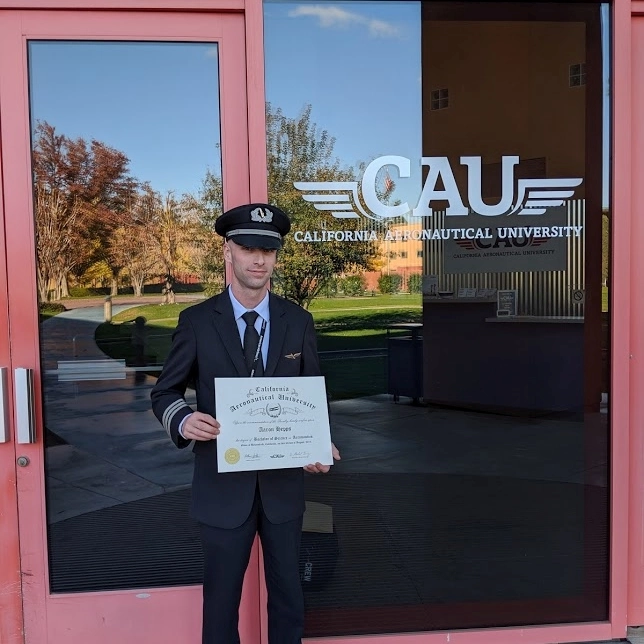

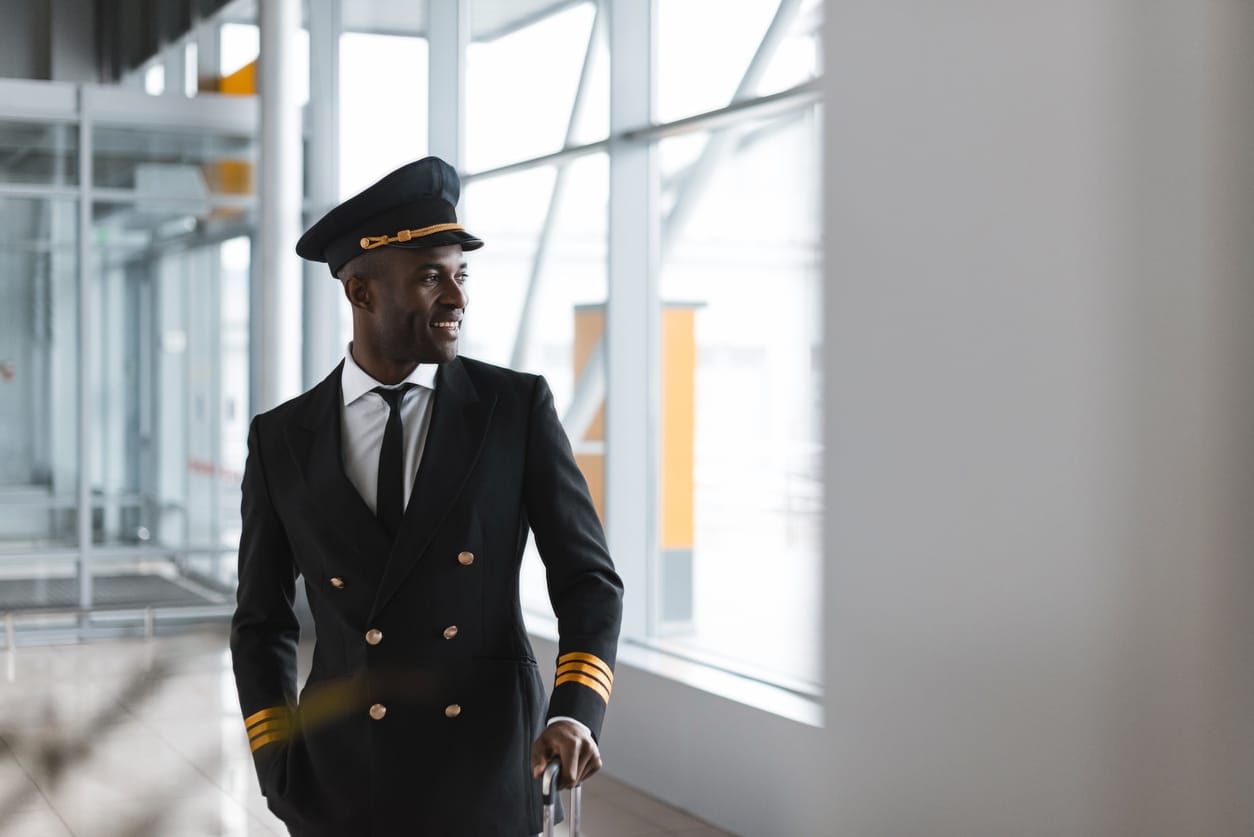
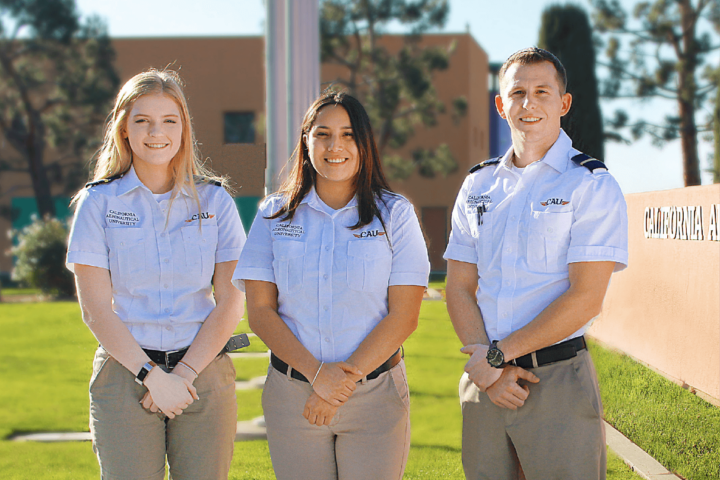
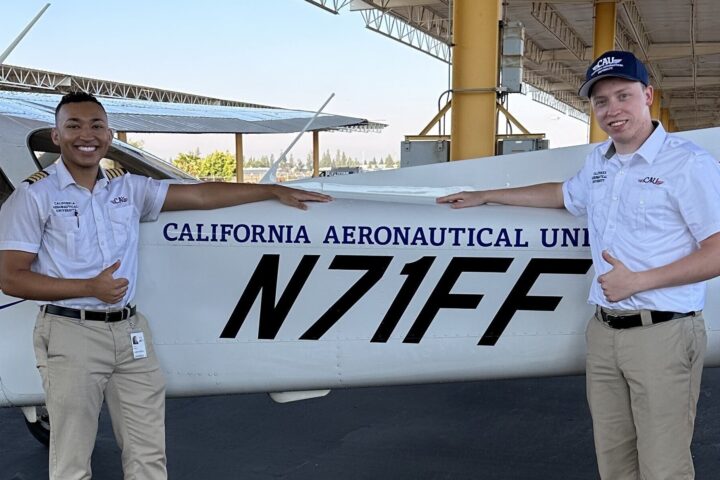

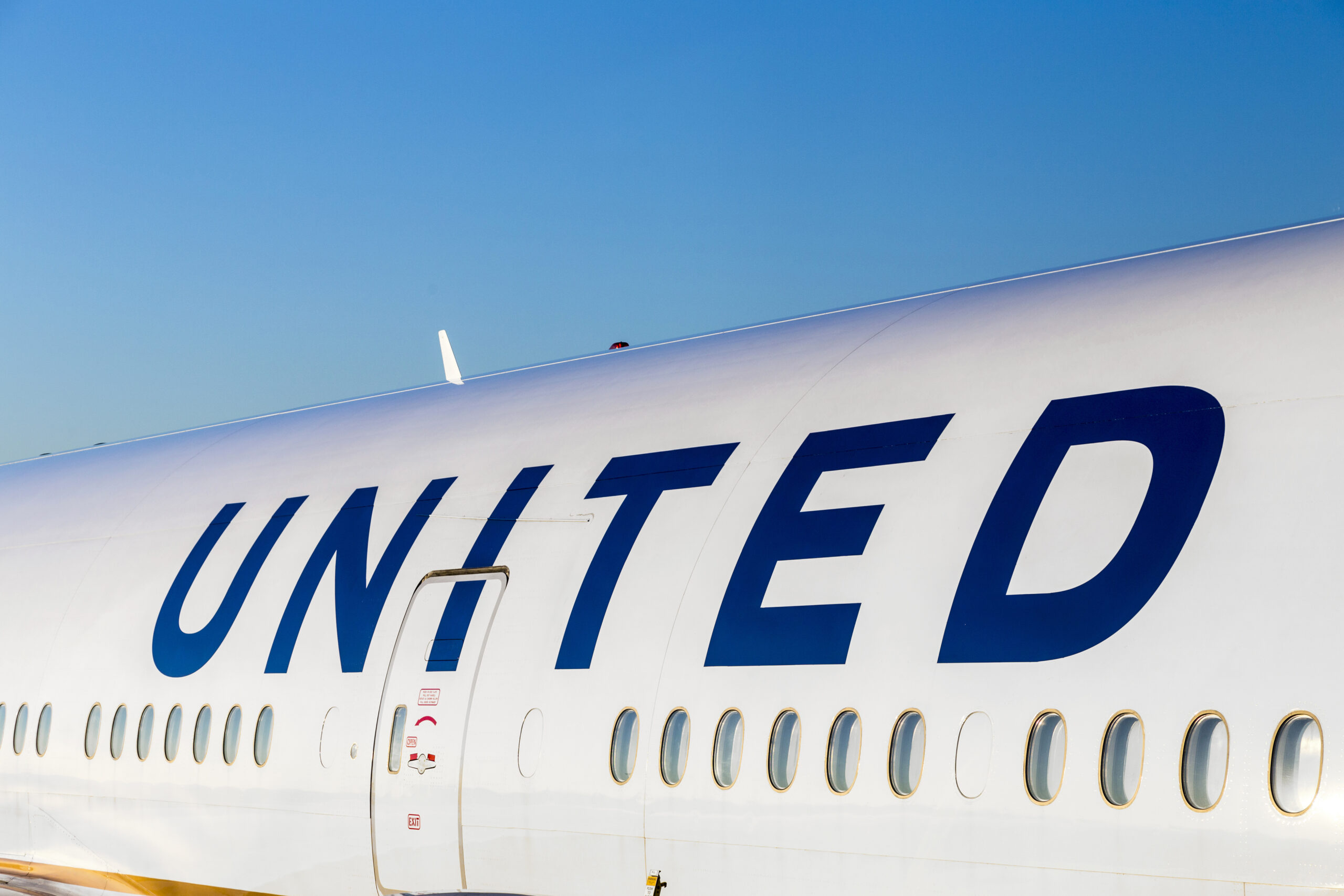
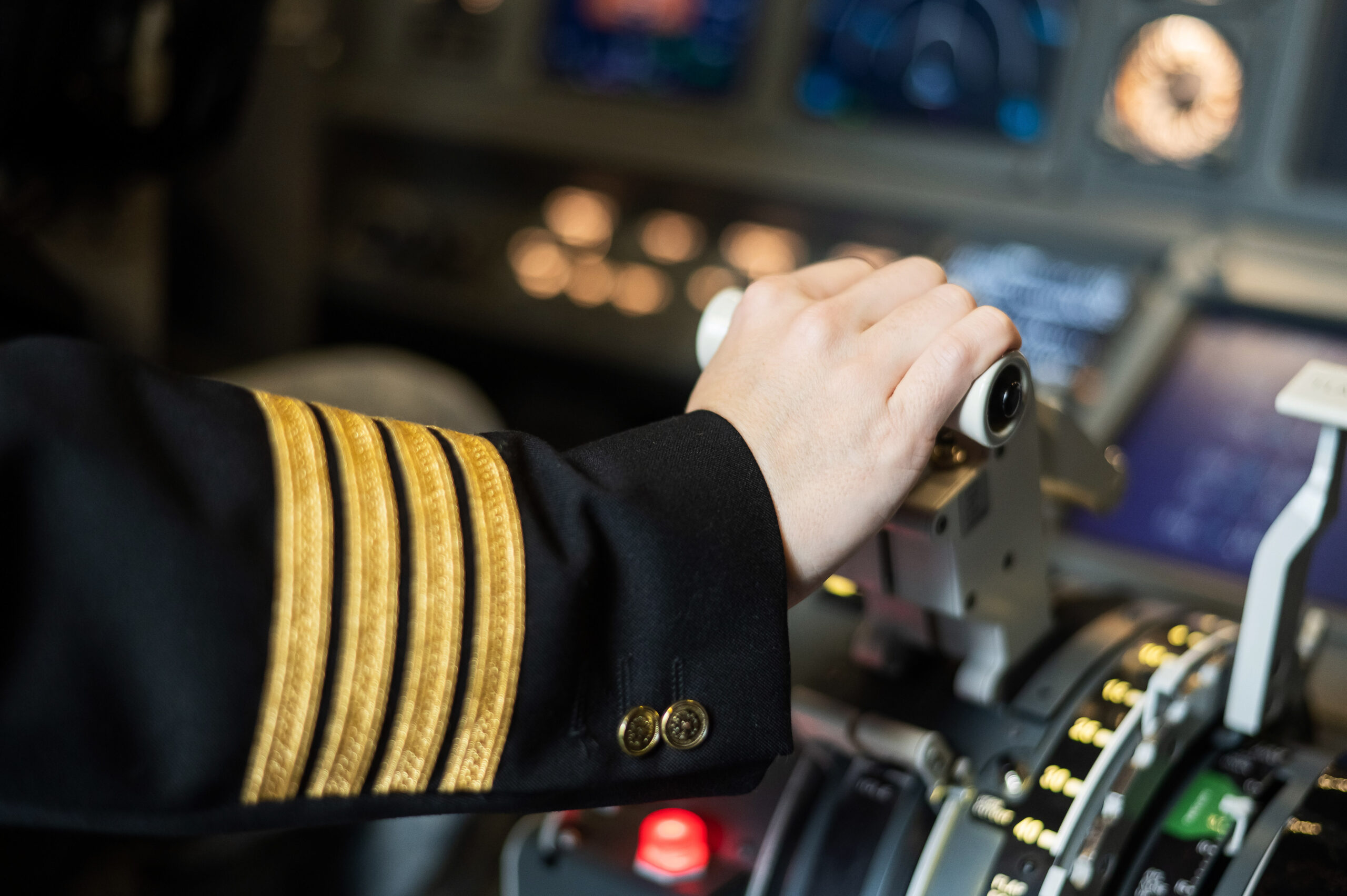
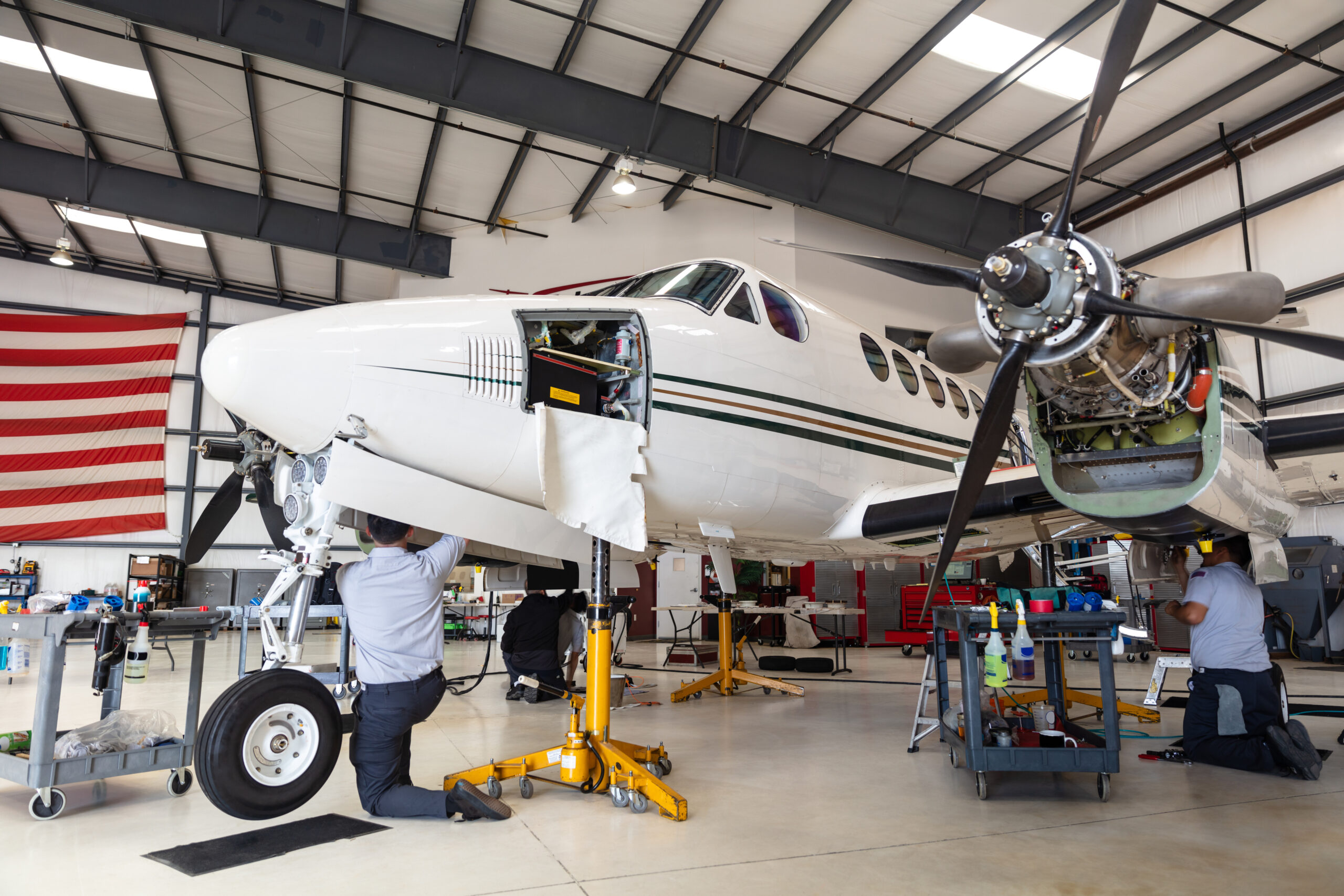
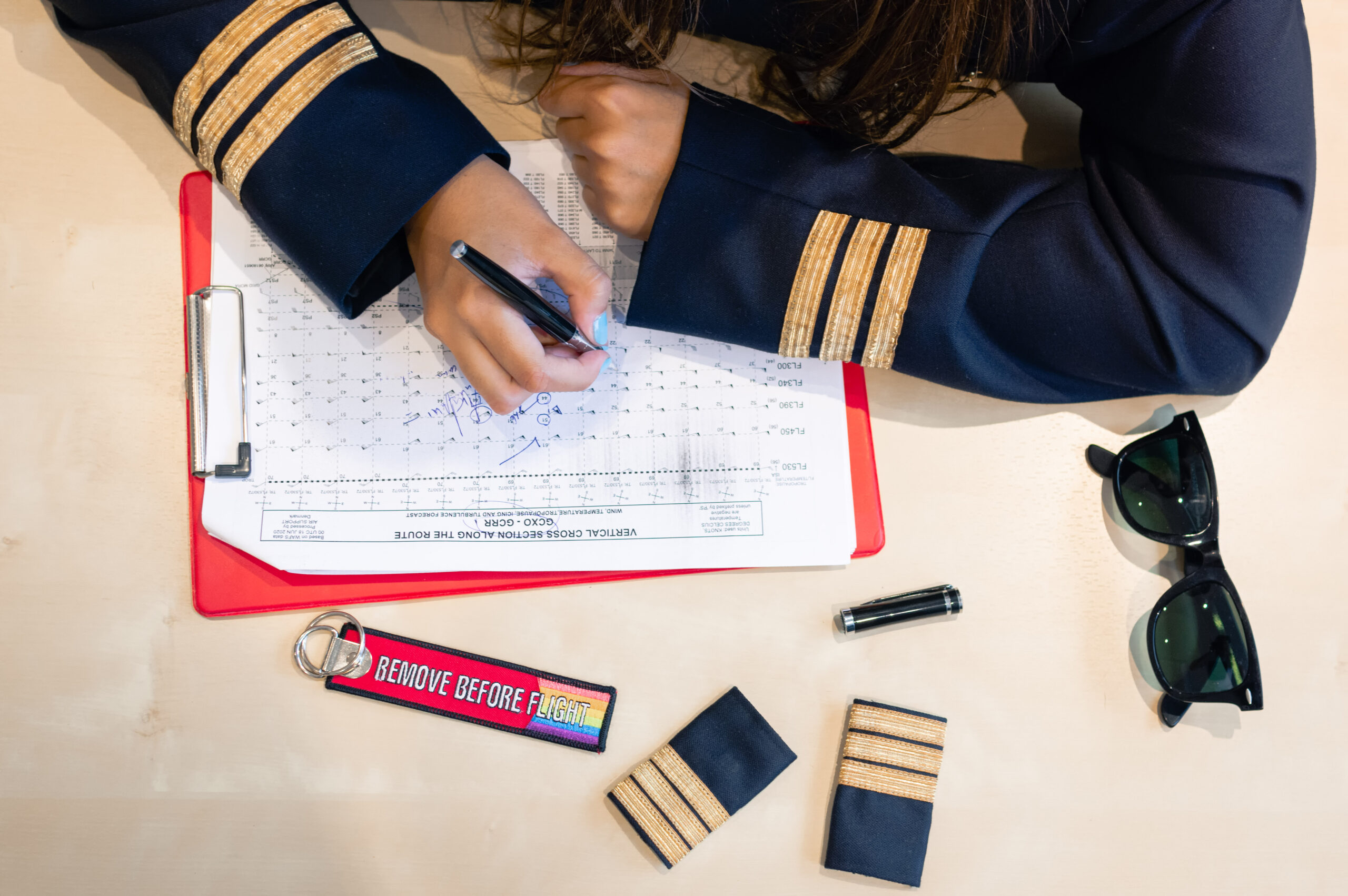
Hi! I am Yash Prajapati from india and right now i am 18 years old and also in my last year of school, so do i need to have any particular course or degree before applying/joining any flying school ? Also can i join your flying school just after my schooling ? And kindly explain me the whole procedure of becoming a pilot😁.
Kindly let me know😄
Thank you for your comment! Our admissions team can gladly help discuss schooling options! Please contact our admissions team at 661-615-5915. We look forward to speaking with you!
Admission procedure please
Thank you so much for reaching out! Our admissions team will gladly discuss admissions procedures and schooling options! Please contact our admissions team at 661-615-5915. We look forward to speaking with you!